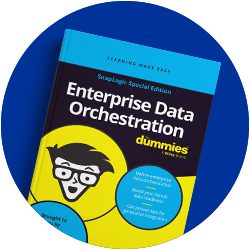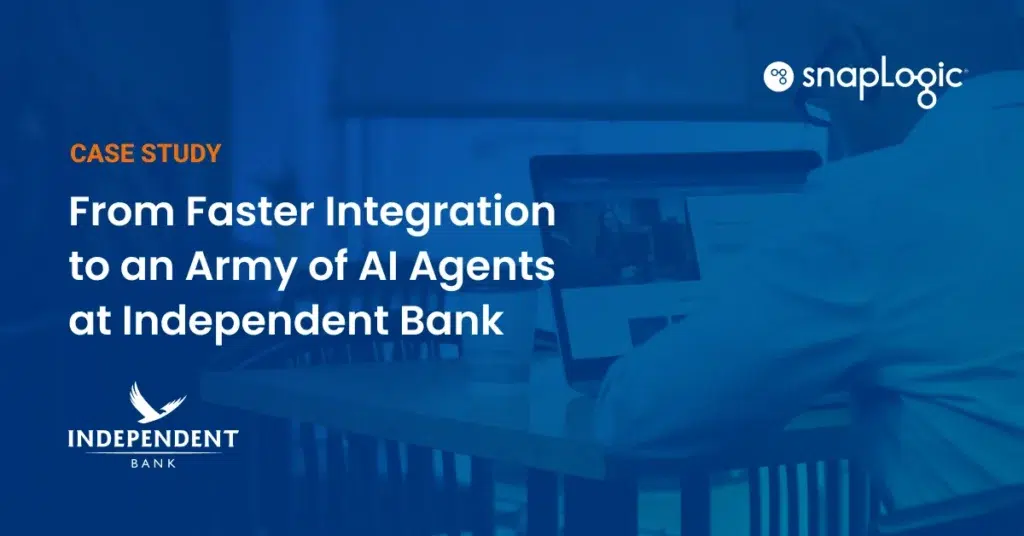An AI agent is a software entity or program that perceives its environment, makes decisions, and takes actions autonomously to achieve specific goals. These agents leverage techniques such as machine learning, natural language processing, and decision-making algorithms to process inputs, learn from experience, and adapt their behavior to changing conditions.
AI agents can also integrate retrieval-augmented generation (RAG), allowing them to retrieve external knowledge and combine it with their generative capabilities. This enhances their ability to provide more accurate, contextually rich responses by incorporating real-time data and information beyond their initial training.
Key characteristics of an AI agent
An AI agent exhibits several key characteristics that enable it to operate effectively and intelligently, including:
Autonomy
Operates without continuous human intervention.
Perception
Gathers information from its environment (e.g., through sensors, APIs, or data streams).
Decision-making
Uses algorithms or models to make decisions based on the information it receives.
Goal-oriented behavior
Takes actions aimed at achieving predefined objectives.
Learning
May improve over time by learning from its experiences or data (often through techniques like reinforcement learning or supervised learning).
What are AI agents used for?
AI agents are widely used in various applications, including virtual assistants, autonomous vehicles, and intelligent systems in industries like finance, healthcare, and manufacturing. Here are some common uses of AI agents:
Virtual assistants and chatbots
Interact with users via voice or text, answering questions, providing information, managing tasks, and controlling smart devices. Examples: Siri, Alexa, Google Assistant, and customer service chatbots
Autonomous systems
AI agents in autonomous systems perceive the environment, make real-time decisions, and navigate or perform actions without human control. Examples: Self-driving cars, drones, robots
Customer service and support
Handle customer inquiries, troubleshoot problems, and provide personalized recommendations, improving efficiency and reducing the need for human intervention. Examples: Automated support agents for IT, banking, and retail
Process automation
AI agents automate repetitive tasks such as data entry, invoicing, and scheduling, increasing efficiency and reducing human errors. Examples: Robotic Process Automation (RPA), supply chain optimization
Natural Language Processing (NLP) and translation
Process and analyze human language for tasks like real-time translation, sentiment analysis, and generating human-like text. Examples: Language translation tools, sentiment analysis
Cybersecurity
Monitor network traffic, detect threats, and respond to potential cyberattacks in real time, often faster and more accurately than human analysts. Examples: Intrusion detection systems, malware detection
How do different industries use AI agents?
AI agents are transforming industries by performing complex tasks, making data-driven decisions, and learning from experience to improve performance over time.
Healthcare
- Diagnostics and treatment: Assist doctors in diagnosing diseases by analyzing medical images, electronic health records (EHR), and clinical data
- Virtual health assistants: Provide symptom checking and telehealth services, helping patients access healthcare advice remotely
- Drug discovery: Analyze vast datasets to identify potential drug candidates faster than traditional methods
Finance and banking
- Robo-advisors: Provide automated financial planning and investment management by analyzing market conditions and user profiles to optimize portfolios
- Fraud detection: Banks and payment processors use AI agents to monitor transactions in real-time, detecting and preventing fraudulent activity by identifying unusual patterns
- Customer support: AI chatbots are used in banking apps to provide 24/7 customer service, answering queries and guiding users through account-related tasks
Retail & E-commerce
- Personalized recommendations: Analyze user behavior to offer personalized product or content recommendations, increasing customer engagement and sales
- Inventory management: AI agents in supply chain operations optimize stock levels by predicting demand, managing inventory, and ensuring products are restocked efficiently
- Chatbots and virtual shopping assistants: Retailers deploy AI agents to assist customers in finding products, offering personalized advice, and handling customer service requests
Manufacturing
- Predictive maintenance: Monitor machinery and equipment in real time, predicting potential failures before they happen; analyze sensor data and optimize equipment maintenance schedules
- Quality control: AI-powered vision systems are used to detect defects in products during the manufacturing process, ensuring higher product quality and reducing waste
- Robotics and automation: In factories, AI agents control robots to automate repetitive tasks, such as assembly line production, packaging, and sorting
Education
- Personalized learning: Adapt lessons based on a student’s progress, providing personalized learning experiences tailored to individual strengths and weaknesses
- Tutoring and assistance: AI agents, such as virtual tutors, provide students with on-demand help, answering questions and guiding them through difficult concepts
- Administrative tasks: Educational institutions use AI agents to automate administrative tasks such as grading, student enrollment, and scheduling, freeing up time for educators to focus on teaching
Telecommunications
- Network optimization: Help telecom companies optimize network performance by predicting congestion, adjusting bandwidth, and improving overall connectivity
- Customer service automation: Telecom providers use AI-powered chatbots to assist customers with common inquiries, troubleshooting, and account management, reducing wait times and improving service quality
- Fraud prevention: Detect fraudulent activities like account hacking or SIM swapping by analyzing real-time network data and customer behaviors
Energy & Utilities
- Smart grids: Manage energy distribution by predicting demand, optimizing grid performance, and reducing energy waste; for instance, AI is used to balance supply and demand in real time, especially with renewable energy sources like wind and solar
- Predictive maintenance: Monitor equipment in power plants, predicting failures in turbines, generators, and other critical infrastructure
- Energy efficiency: AI-powered systems like smart thermostats and energy management platforms optimize energy consumption in buildings, lowering costs and improving sustainability






